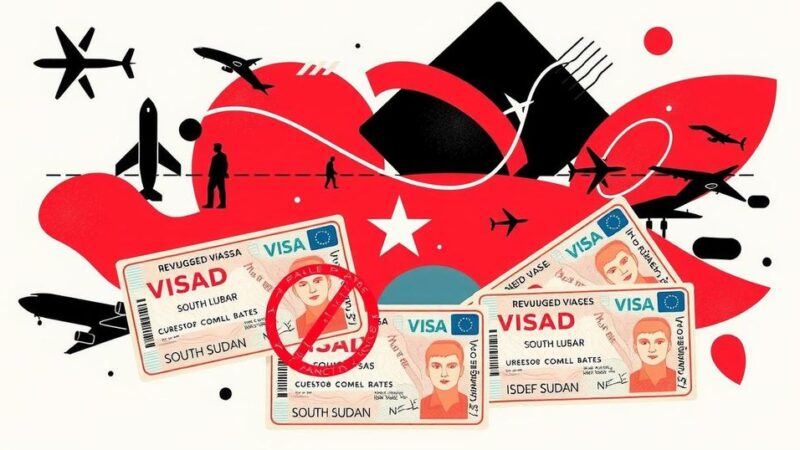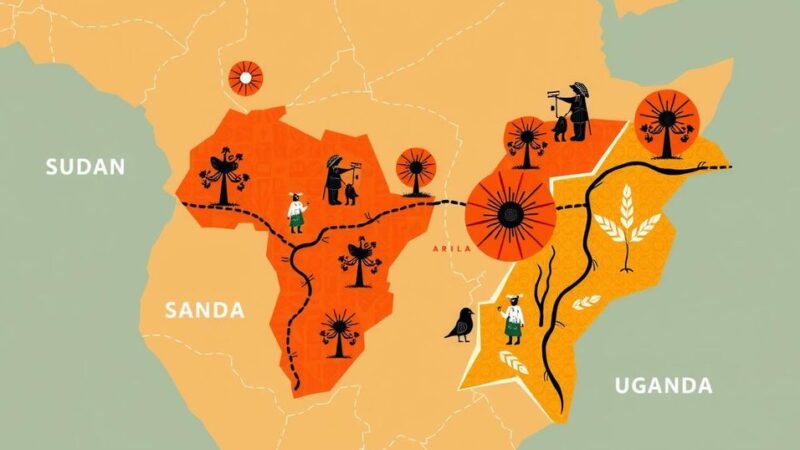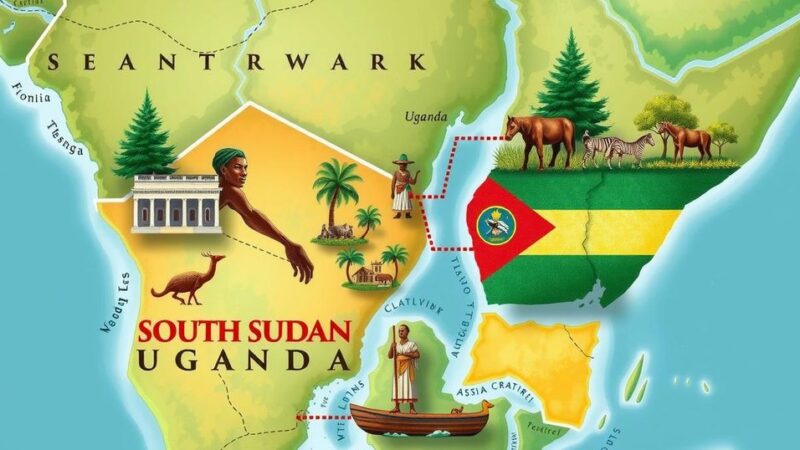Tensions between Turkey and Israel are escalating due to Turkey’s involvement in Syria and Erdogan’s support for Hamas following renewed conflict. Previous amicable relations have soured, raising concerns of a potential military confrontation, especially as both nations seek to assert their influence in the region. Expert analysis suggests continuous friction is likely unless significant diplomatic efforts are made to address these emerging challenges.
The ongoing conflict in Syria is exacerbating tensions between Turkey and Israel, potentially leading to a direct confrontation. Following a massive pro-Palestinian demonstration in Istanbul that drew tens of thousands, Turkish President Recep Tayyip Erdogan’s long-standing anti-Israeli stance has reignited hostilities, particularly in the wake of Hamas’s recent conflict with Israel. As the situation escalated, Erdogan’s support for Hamas was perceived as part of a broader Muslim Brotherhood ideology that also opposes Israeli interests.
Recently, developments in Syria, including the fall of the Assad regime, have propelled Turkey to seek further influence in the region, complicating its relationship with Israel. The US-backed Kurdish groups, who maintain a contentious relationship with Turkey, have garnered support from Israel as potential allies against mutual threats. With Erdogan’s increased military ambition in Syria and the accompanying geopolitical shifts, the historical quiet along the Israeli-Turkish border may become strained.
The decades-long relations between the two nations have been characterized by oscillations between cooperation and hostility. Scholarly experts anticipate that continued aggressive posturing from Erdogan could lead to unintended military clashes. Both leaders have exchanged accusations and rhetoric over the past decade, contributing to increasingly antagonistic bilateral ties. Moreover, Erdogan’s domestic political pressures add another layer of complexity, as his government seeks to solidify its Islamic credentials amidst a turbulent political landscape.
Despite the tensions, both nations retain an interest in maintaining some level of diplomatic relations to avoid further destabilization. However, the potential for a military confrontation cannot be dismissed, especially given Israel’s ongoing conflicts and its vigilant stance against Iranian influence in the region. The historical precedent of Turkey’s invasion into Syria complicates matters further, as both nations assert their regional interests.
In conclusion, the current trajectory of Turkish policies in Syria stands to significantly embolden the country’s military authority and heighten tensions with Israel. Erdogan’s commitment to expanding Turkish influence provides fertile ground for confrontation, while the already strained Israeli-Turkish relations face unprecedented challenges. Each country’s reaction to the evolving landscape could shape the future of Middle Eastern stability, making vigilance and diplomatic engagement essential for both parties.
The relations between Turkey and Israel have historically fluctuated between phases of engagement and crisis. The current tension reflects a culmination of years of diplomatic strain rooted in political disagreements and competing interests in the region. The rise of Erdogan, with his strong support for Palestinian causes and fractious stance towards Israel, has significantly impacted bilateral relations. Simultaneously, geopolitical changes in Syria, particularly the presence of Kurdish groups, have introduced new strategic dynamics that complicate this already volatile relationship. As Turkey increasingly asserts its military influence in Syria, Israel is cautious of potential ramifications for its own security and regional stability.
The evolving relationship between Turkey and Israel amidst the Syrian conflict highlights the potential for significant geopolitical shifts in the Middle East. Erdogan’s policies not only reinforce his regional ambitions but may also provoke unforeseen military engagements. While both nations have vested interests in maintaining diplomatic ties to avert further escalation, the possibility of confrontation looms large. The unfolding events underscore the critical need for astute diplomatic efforts to navigate the complexities of their bilateral relationship in an increasingly volatile region.
Original Source: www.jpost.com






